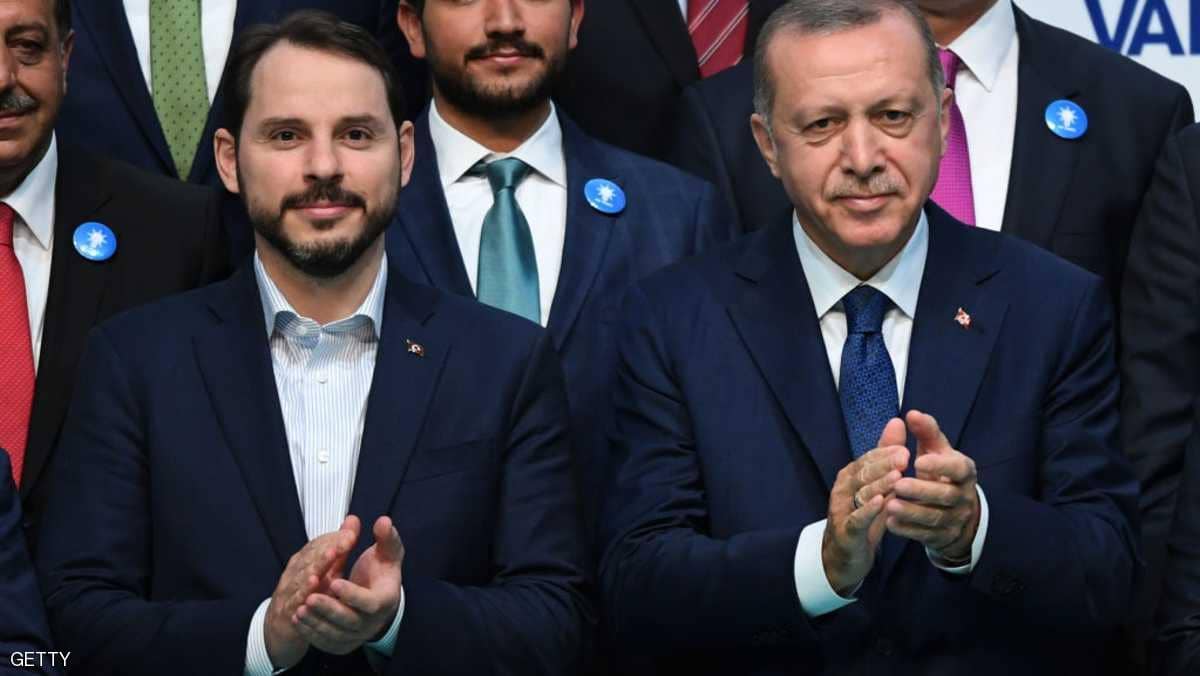"With this reform package, we declare our commitment to the EU full membership process, even though promises made to us are not being kept," Erdogan told members of the judiciary at the presidential palace in Ankara.
During the speech, Erdogan announced the details of his judicial reform strategy, first announced in 2018. The judicial reforms, Erdogan said, are set to include limited pre-trial detention periods and no tolerance for torture.
Erdogan also pledged to improve human rights and freedom of expression, saying the government would ease website blockades and only shut down sections of banned web pages rather than denying access to entire websites.
Turkey has blocked access to several websites, including online encyclopedia Wikipedia. Turkey said Wikipedia was blocked in 2017 due to "national security concerns."
On Wednesday, the European Commission released a report on Turkey, citing "further serious backsliding" regarding Turkish judiciary. Ankara has failed to address "serious concerns on continued negative developments in rule of law and fundamental rights," the report said.
The Turkish government has accelerated its crackdown on critical lawmakers, activists and journalists in the wake of a failed coup attempt by a military faction in 2016.
More than 30,000 people are in jail over alleged links to US-based Islamic cleric Fethullah Gulen, whom Erdogan blames for the coup. Gulen has repeatedly denied the charge.
Turkey announced the judicial reform strategy in 2018 but has not yet implemented it - something that the European Commission also noted in its report. The reforms are expected to be implemented by 2023.
During the speech, Erdogan announced the details of his judicial reform strategy, first announced in 2018. The judicial reforms, Erdogan said, are set to include limited pre-trial detention periods and no tolerance for torture.
Erdogan also pledged to improve human rights and freedom of expression, saying the government would ease website blockades and only shut down sections of banned web pages rather than denying access to entire websites.
Turkey has blocked access to several websites, including online encyclopedia Wikipedia. Turkey said Wikipedia was blocked in 2017 due to "national security concerns."
On Wednesday, the European Commission released a report on Turkey, citing "further serious backsliding" regarding Turkish judiciary. Ankara has failed to address "serious concerns on continued negative developments in rule of law and fundamental rights," the report said.
The Turkish government has accelerated its crackdown on critical lawmakers, activists and journalists in the wake of a failed coup attempt by a military faction in 2016.
More than 30,000 people are in jail over alleged links to US-based Islamic cleric Fethullah Gulen, whom Erdogan blames for the coup. Gulen has repeatedly denied the charge.
Turkey announced the judicial reform strategy in 2018 but has not yet implemented it - something that the European Commission also noted in its report. The reforms are expected to be implemented by 2023.









 Home
Home Politics
Politics











